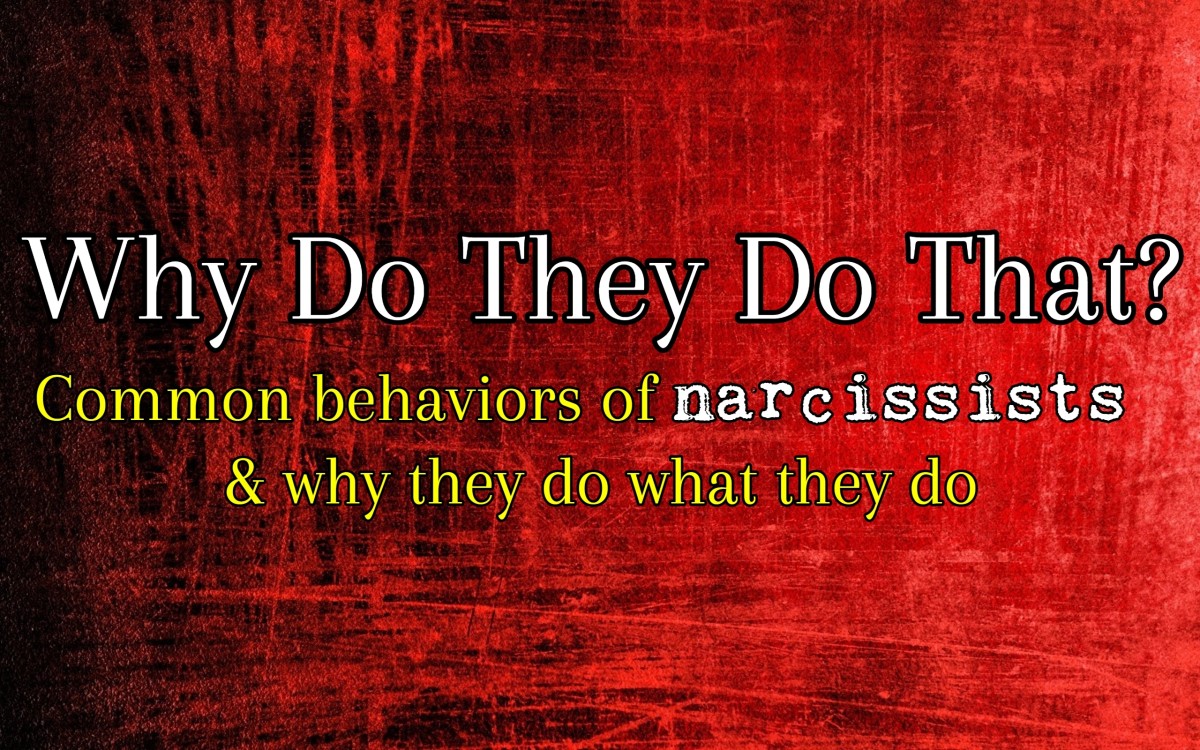Predators in the Pulpit
A Self-Seeking Shepherd
The very term Shepherd means to lead, guide, teach, and protect. A shepherd is the caretaker for his sheep and will do everything in his power to protect his flock. If one strays, he goes in search of his lost sheep to bring it safely home. If one is threatened by harm, he puts his life on the line to be sure his sheep is protected. The Bible describes Jesus as the ultimate Shepherd and commands church leaders to exemplify His character. As a result of this command, it causes the church body to inherently believe their pastor will heed his sacred trusted responsibility to protect. lead, teach, and guide. The role of a pastor automatically ascribes great responsibility and accountability levels to all who step into those shoes. A shepherd is to feed his flock, not only himself. A shepherd is to protect his flock above himself. A shepherd is to lead his flock to good things, not lead to danger or sin. Great punishment awaits leaders who choose to care more about themselves than those they are called to serve. God gives a serious warning to pastors who feed their own desires, considering them His enemies. The church ought to do the same.
"As surely as I live, says the Sovereign Lord, you abandoned my flock and left them to be attacked by every wild animal. And though you were my shepherds, you didn't search for my sheep when they were lost. You took care of yourselves and left the sheep to starve. Therefore, you shepherds, hear the word of the Lord. This is what the Sovereign Lord says: I now consider these shepherds my enemies, and I will hold them responsible for what has happened to my flock. I will take away their right to feed the flock, and I will stop them from feeding themselves. I will rescue my flock from their mouths; the sheep will no longer be their prey." (Ezekiel 34:8-10)
This passage reveals the serious consequences for pastors who choose to care for themselves over their congregations. Many churches choose to ignore or refuse to discuss this unfortunate reality, using poor excuses for such leaders. Men, they say, are merely human and weak. Being tempted by the enemy, they fall into sin because of their frailty. One reason this justification is being used is that it lessens the responsibility for those who fear they may fall into the same temptation. It is also due to misunderstanding and lack of knowledge. Believing mere humanity causes leaders to hurt the flock, the church is ignoring the grave damage done at the hands of preying pastors, making themselves responsible for its casualties. If God speaks harshly of such men and considers them his enemies, why is the church embracing their sin by offering overextended sympathy to the abusive leader while dismissing the victim's abuse, and allowing them back in the pulpit to inflict more damage?
Self-Seeking Shepherds, Enemies of God
- Ezekiel 34 NLT - The Shepherds of Israel
God holds His shepherds highly responsible and accountable to care for and protect the flock.
Frailty of Man or Intentional Pursuit
From the beginning of time, man has given in to the desires and temptations of sin. We cannot do enough or run far enough away to escape its clutches on the human race. We often hear, "We are only human" to justify our sinful actions. We repeat The Lord's Prayer asking God to forgive us our sins, as we forgive those who sin against us, because it is inevitable. The "We are only human" claim while true, is being used too frequently to excuse the sexual sin our church leaders are perpetrating on the vulnerable and wounded members of their congregations. The Hope of Survivors, an international organization, has worked with thousands of victims of clergy sexual abuse that all resound a similar story. There are common elements a pastor uses to pursue the wounded sheep that must be understood if the abuse is going to be prevented. There is a grooming process that goes highly unnoticed, a major dynamic that reveals it is not an issue of our humanness, but an intentional, well-thought-out, manipulative pursuit.
Help and Hope for Victims of Clergy Sexual Abuse

Hope for Victims
http://www.thehopeofsurvivors.com/
David's Pursuit of Bathsheba
When clergy enter into a relationship with someone under their care, it is not a momentary accidental mistake; it is a planned pursuit. Even the great King David had a plan to pursue Bathsheba. While he was to be away with his men fighting a war, David chose to remain in the comfort of his home, for reasons unknown. As Bathsheba was bathing, fully believing all the men were away, David watched her. At that moment, he began to devise a plan to have her, an innocent vulnerable woman. He saw her; he wanted her; he pursued her. (David was a king, not a pastor; however, he is too often used as an excuse when spiritual leaders sin today, hence he is spoken of here). Bathsheba was summoned by the king. She went to him because he was her leader. There is no mention of her wanting to be with David. There is no mention of her seducing him, a common misunderstanding. After David took Bathsheba, he continued to plan and manipulate the situation by having her husband, Uriah, murdered at war. Nathan the prophet, when confronting David, accused him of taking a poor man's lamb (an image of vulnerability) and as a result, David's son died. Bathsheba was never condemned by the prophet or by God and while her son also died, it was a direct result of David's sin. Her life was blessed after being taken by the king; David's life was filled with death and bloodshed after he used his position of power to satisfy himself, his own son attempting to kill him. Clearly, David took something that was not his and God did not let it go without notice. David pursued Bathsheba. It was not an affair. Bathsheba was not accused of any wrong doing. She submitted to her leader and God put complete responsibility on David for the sin he committed. 2 Samuel 12:4-9 says,
"One day a guest arrived at the home of the rich man. But instead of killing an animal from his own flock or herd, he took the poor man’s lamb and killed it and prepared it for his guest.” David was furious. “As surely as the Lord lives,” he vowed, “any man who would do such a thing deserves to die! He must repay four lambs to the poor man for the one he stole and for having no pity.” Then Nathan said to David, “You are that man! The Lord, the God of Israel, says: I anointed you king of Israel and saved you from the power of Saul. I gave you your master’s house and his wives and the kingdoms of Israel and Judah. And if that had not been enough, I would have given you much, much more. Why, then, have you despised the word of the Lord and done this horrible deed? For you have murdered Uriah the Hittite with the sword of the Ammonites and stolen his wife."
David took Bathsheba. She did not go willingly, but simply submitted to her leader. David's pursuit of Bathsheba is similar to predator pastors today.
A Pastor's Pursuit
In most every case of clergy sexual abuse (CSA), the pastor has a similar process in pursuing his victim. As shown in David's sin, the shepherd bears full responsibility for leading a sheep astray. It might take a few months or a few years, but the method is the same. One common factor reveals the victim had been previously wounded by childhood abuse. Another common element is that if married, the victim is struggling with marital difficulties. A third similarity among CSA, the victim is either summoned or seeking counsel; the shepherd being quick to offer a listening ear, sympathy, and time. Countless hours are spent in counseling, giving the pastor the information he needs to use in his pursuit. He sees his prey as wounded and vulnerable, making it easier to jump in for the kill. He does not have easy access to the healthier sheep because they are more apt to recognize his ploys. It is the wounded sheep who are available at his disposal because he is aware of their pain and vulnerability, making this form of abuse even more heinous.
Terms commonly used by predator pastors are, "We're soul mates," "God told me we were meant to be together," "My wife doesn't understand me," "My wife doesn't love me," "We make a great team." These comments are used to cause an emotional connection between the predator and his prey. Additional thoughts planted into the victim's mind revolve around how special she is and how important she is to his life. He feeds her confidential information, trying to seal the deal that what they discuss and do must remain private, hence building a stronger bond. A close relationship is a part of his plan for when he makes his physical advances, she isn't quick to tell anyone. The confusion is intense. Knowing their relationship is wrong, she doesn't want to turn on the 'man of God' who invested time and energy with her in counseling, trying to help her. The thought of breaking the emotional connection her pastor created is almost unbearable. And the humility of having a relationship with her pastor is not something she is willing to tell the world. When she questions their relationship and talks about sinning, he presumes on God's understanding, focusing on His love and forgiveness. He is not a shepherd who cares for his flock. He is a self-seeking, self-satisfying predator.
Conclusion
The responsibility rests on the church to recognize and remove leaders who use their position to abuse. As noted in this article, there is a grooming process, a planned pursuit when a leader preys upon someone under his care. It is rarely a one-time accidental unplanned sin. The wounded and vulnerable are chosen due to being easy prey, making this form of abuse more devastating. Looking at the character of predator pastors, it is clear these leaders were not appointed by God and clearly, many of them do not have a relationship with Him. They are in their position because of power and control. These leaders are not caring for the flock but are looking out for their own self interests. They are enemies of God and they should be viewed as enemies of the church. There must be an awakening within the church to these predators who are destroying souls. The church must then recognize and remove these leaders. The Kingdom of God depends on it.
**While the word 'men' is used to refer to abusive leaders, it must be noted that women also abuse their power and are held accountable for their actions**






